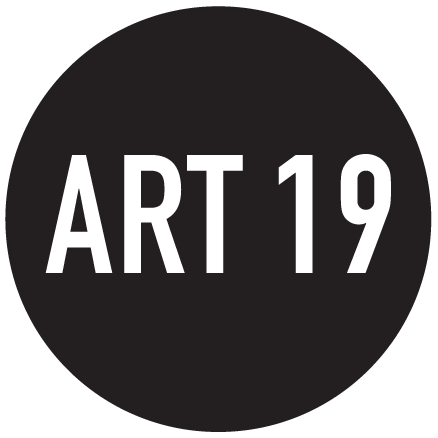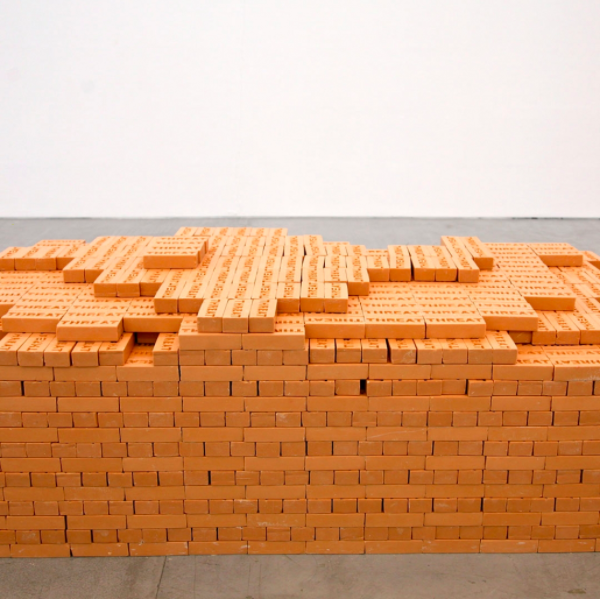Dallas Contemporary : Shilpa Gupta in conversation with curatorial associate Emily Edwards
What have you been reading, listening to, and watching while on lockdown?
Darkness at Noon by Arthur Koestler, a novel from 1930's set in the USSR, about a character who was arrested and tried for treason against a government he himself helped create.
What are you currently working on? What had you been focusing on in your studio before the lockdown?
Before the lockdown, I was in the middle of a rather intense period with institutional solos, site specific works and working on permanent public artworks. Everything has been postponed to next year, except work continues for the permanent commissions which are slated for 2022. My studio has not been accessible for two months now and I am working from home - making drawings, notes and researching and reading. It is a totally new rhythm and I feel lucky that being an artist allows one to work from any place.
Your work spans many different mediums and topics. What do you think ties them together?
I am interested in how meaning is created, and methods are employed to generate narratives, be it via amplification, erasure, or obliteration. Be it a flapboard found in a transit zone, a microphone that stands between the speaker and listener, a garment that is smuggled, soap that melts away, the material carry narratives of movement and slippages. In fact one of the reasons I tend to change mediums is to avoid the weight a style which can become restrictive.
Can you tell us about your 100 Jailed Poets sound installation (coming to Dallas in 2021)
In Dallas, I will be showing a multi-channel sound installation, For, in your tongue, I cannot fit is based on 100 poets who have been incarcerated through time for their writing or their beliefs. In a dimly lit space, the viewer walks through 100 microphones suspended over 100 metal rods, each piercing a verse of poetry. Over the course of an hour, each microphone in turn recites a fragment of the poets’ words, spoken first by a single voice then echoed by a chorus which shifts across the space. The work is titled after a poem by the 14th century poet Nesimi’s who lived in what is now modern day Azerbaijan and was executed for the religious beliefs expressed in his poetry which ran counter to dominant contemporary doctrines. The work looks at the fragility of our right to freedom of expression today, and the remembers those who persisted to resist.
Shilpa Gupta, For, in your tongue, I cannot fit, 2017. Sound Installation with 100 speakers, microphones, printed text and metal stands. Commissioned by YARAT Contemporary Art Space and Edinburgh Art Festival. Photo by Pat Verbruggen.
About Shilpa Gupta
Shilpa Gupta was born in 1976 in Mumbai, India. She studied sculpture at the Sir J. J. School of Fine Arts, Mumbia.
Recent solo shows include the Ishara Art Foundation in Dubai, United Arab Emirates 2019; Yarat Contemporary Art Center in Baku, Azerbaijan, 2018; Museum Arnhem, Netherlands, 2012; and Contemporary Arts Center in Cincinnati, Ohio, 2010. Gupta presented a solo project, ‘My East is Your West,’ at the Gujral Foundation in Venice, Italy, in 2015. Additionally, she participated in the 2019 58th Venice Biennale.
Gupta's work is in the collection of Solomon R. Guggenheim Museum, New York; Centre Georges Pompidou, Paris; Mori Museum, Tokyo; M+ Museum, Hong Kong; Louisiana Museum, Louis Vitton Foundation, Paris; National Gallery of Victoria, Queensland Art Gallery, Australia; Cincinnati Art Museum, Ohio; Devi Art Foundation, Gurugram, India; amongst others.
She lives and works in Mumbai.
Article published on www.dallascontemporary.org.



